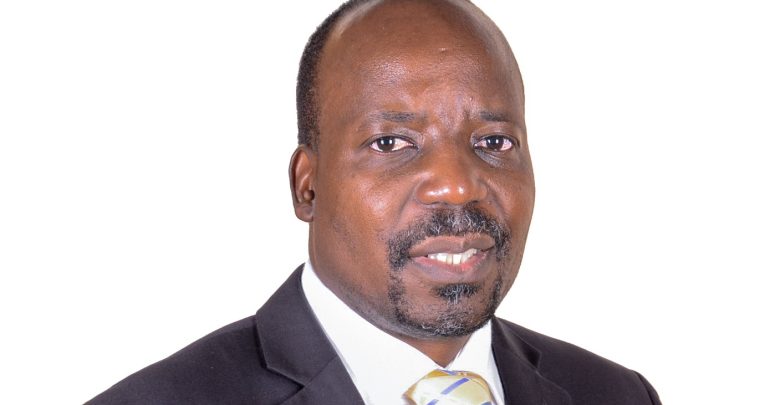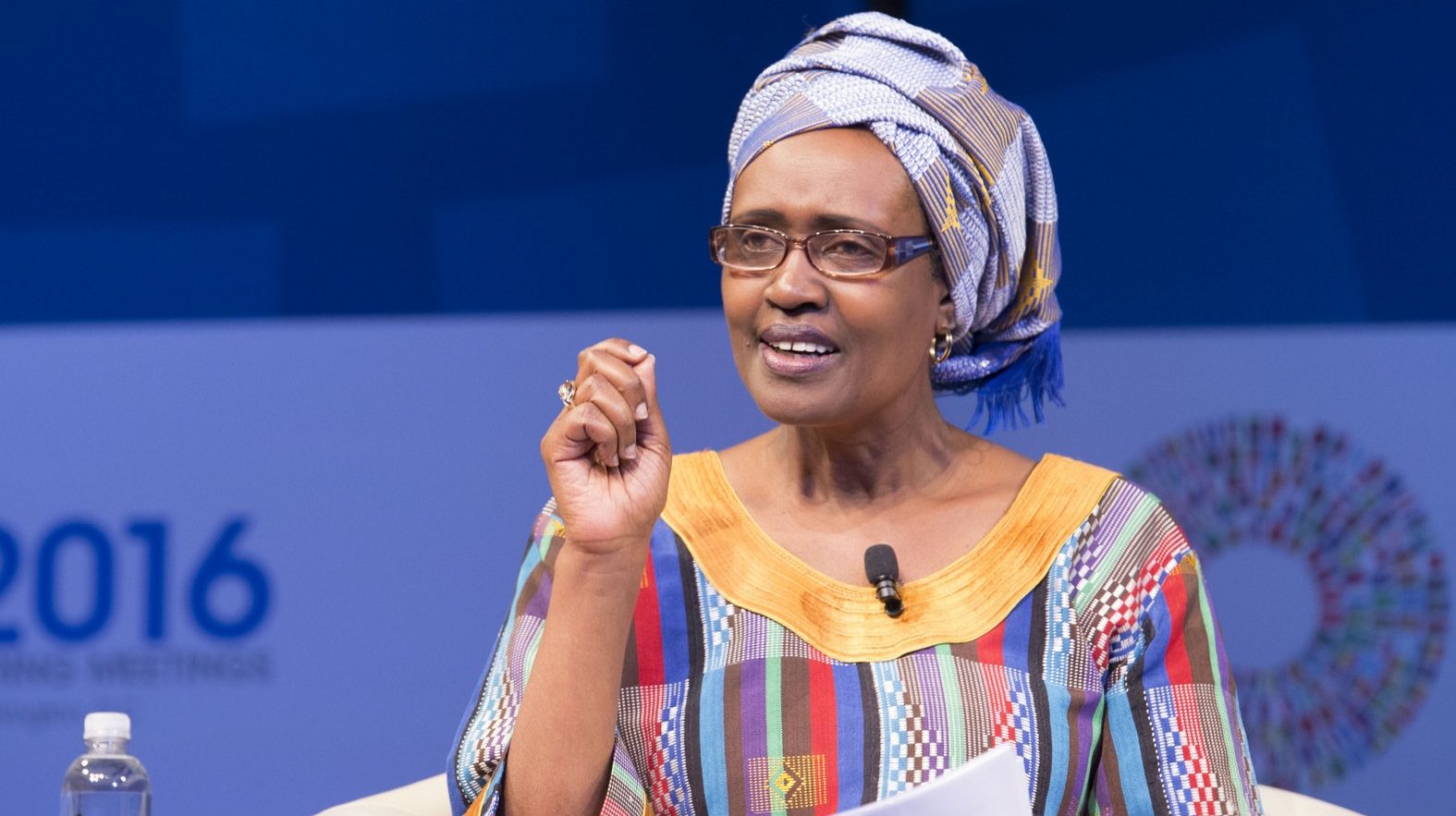MP Fox Odoi sparks debate with call to legalize prostitution in Uganda
Odoi argued that legalizing and regulating prostitution could provide a significant revenue stream for the government.

West Budama North East MP, Fox Odoi, has stirred intense debate by advocating for the legalization of prostitution in Uganda.
His proposal has drawn mixed reactions, with some supporting it as a progressive move and others condemning it as morally and socially damaging.
Odoi argued that legalizing and regulating prostitution could provide a significant revenue stream for the government.
“We should legalize prostitution, regulate that sector, promote it, and make some money from it,” he stated. Emphasizing the role of lawmakers, Odoi added, “For us as legislators, our forte isn’t morality. Morality is for the reverends, canons, and the Fathers.”
Odoi’s remarks ignited a storm of criticism, particularly on social media. Nicholas Tushabe questioned the consistency of Odoi’s position, referencing his support for the Anti-Homosexuality Act. Tushabe also highlighted concerns about human trafficking and the exploitation of women and girls in the sex trade.
“Did he say the same when they were passing the Anti-Homosexuality Act? Or then, had they taken on the role of Reverends, Canons, and Fathers? Secondly, how does he as part of the government expect to make money from it? There’s ongoing human trafficking involving girls from Rwanda to Uganda for prostitution. Any morally upright person needs to fight that at least,” Tushabe argued.
Peter Eceru supported a shift toward evidence-based legislation, describing Odoi as one of Uganda’s most liberal MPs. “As a country, we need to stop moralizing all our problems and shift to the use of scientific evidence as a basis of legislation,” he stated.
Others, like Gerald Ampamize, raised concerns about the socio-economic factors pushing women into prostitution.
“Most young girls and women are doing it as a last resort to survive. Is this the solution to the high poverty levels in West Budama?”
Some individuals, like Gabriel Buule, recognized sex work as a legitimate form of employment, asserting, “Yes, Sex Work is Work.” Similarly, Liam Sonko highlighted the role of prostitution and alcohol in boosting tourism in other countries but warned that legalization must come with strict safeguards.
However, critics like Amir Bazibu called the proposal “a recipe for disaster,” while Abel Opolot dismissed it as flawed reasoning.
“Then we should also legalize corruption, since we see some of the projects it’s funding across Uganda. Do you see how defective this reasoning is? You can’t consider legalizing a practice solely based on the fact that it generates revenue,” Opolot remarked.
While Odoi’s comments have sparked outrage, they have also opened up a broader conversation about Uganda’s socio-economic challenges, legislative priorities, and approaches to morality in governance. As the debate unfolds, the question remains: should Uganda regulate the sex trade, or does legalization risk exacerbating existing social and moral dilemmas?






